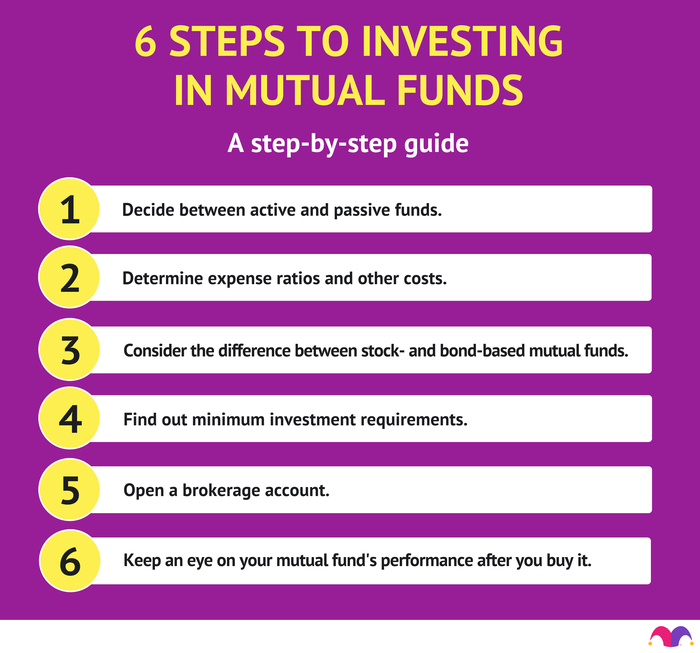Investing in Mutual Funds
What is a mutual fund? And how can you invest in mutual funds? These are two of the most frequently asked questions regarding investment funds, and the answers are not always clear. Here are some basics.
Mutual funds are organized around a common theme, which is also what the name suggests: they are pooled investments that are made by investors. A mutual fund is usually a professionally managed individual investment fund which pools money from several investors to buy different securities. The word is usually used in the United States, Canada, and in India, while comparable structures around the world include open ended investment corporation in the UK and the SICAV elsewhere in Europe.
Mutual funds invest in many different securities including stocks, bonds, commodities, and property or land. There is also the option to invest in alternative securities including currencies and commodity futures. Some funds even specialize in certain assets, such as bonds, commodities, or industrial products. All of these options are open to individual investors, but most professional investors usually invest in funds that offer similar options for all kinds of investors.
What do mutual fund expenses consist of? This depends upon the nature of the fund. Some funds spend most of their resources on higher risk investments, whereas others may use more of their income to reduce the risk/reward balances. Some funds allow the general manager to set expenses and invest according to their guidelines; other funds have no specific rules. The primary expense ratio is the rate at which income is earned per unit, while the standard deviation is the rate at which distributions are made among all the units in a portfolio.
How can you tell which investment is right for you? First you need to determine whether you prefer to invest in individual stocks, bonds, commodities, or other securities. For example, if you are an investor who has experience in purchasing and selling individual securities, then you may be best off looking at the actively managed funds. On the other hand, if you are a novice investor and do not have the experience or time to manage multiple investments, then you should look into stock mutual funds.
What do you expect out of your investment? Most stock mutual funds follow an investment growth philosophy. As you invest in them, you are expecting your portfolio to grow over time. They usually have a long term growth goal, as well as short term goals that are geared towards earning you more money in the next few months, a year, or several years away. If you are planning to use your money to live on for years away from your family, then this type of investment is likely not right for you.
Mutual funds allow investors to invest money together. For example, if you purchase funds that invest in stocks, bonds, commodities, or other securities, then you can put all of your money together and focus on making a profit. When you buy individual securities like bonds, you are spreading your risk. This means that if the market falls, you will still be able to make your bond payments because they are insured. However, when you put all of your money together and invest in a fund, then you are diversifying your risk, which will allow you to earn more money over the years ahead.
There are many different types of investment funds out there that you can invest in. Choosing the ones that will work best for your needs requires that you take some time and think about what you are trying to accomplish with your finances. Minimum investment requirements allow you to invest in mutual funds without paying any taxes or capital gains taxes. Even though they require some thought, taking advantage of minimum investment requirements is an excellent way to save for retirement and build your nest egg. You should also make sure to have a plan in place for how you will replace any investments you make, or you could end up losing your life savings if things do not turn out well.
Posted Using LeoFinance Beta
